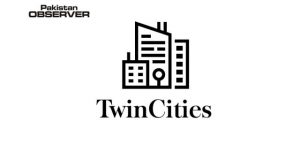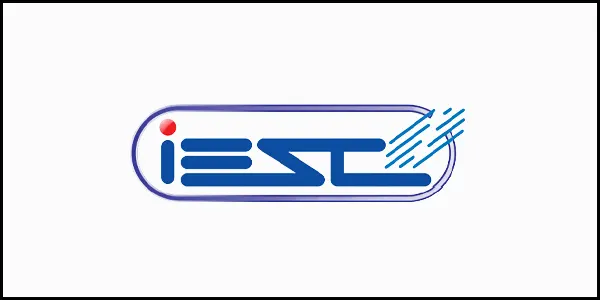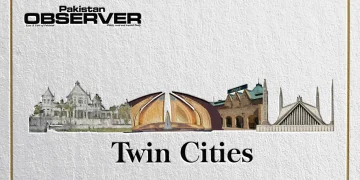Zubair Qureshi
The transgender community has welcomed the government’s decision of including them in the country’s mega social safety financial assistance programme “Ehsaas Kafalat.”
The decision was taken in a board meeting according to which, all the members of the transgender community holding valid Computerized National Identity Cards (CNIC) will be eligible for the monthly cash assistance under Ehsaas Kafaalat programme.
They will be provided a monthly stipend of Rs2,000 along with a savings bank account.
According to the award-winning transgender social activist and political worker, Nayyab Ali though the amount is not sufficient to meet transgenders’ basic needs yet it was like the first drop of rain.
Covid-19, sh said besides affecting the poor and marginalized community has also enhanced the existing socio-economic vulnerability and isolation for the transgender community.
It was observed in the board meeting chaired by PM’s Special Assistance on Social Protection Dr Sania Nishtar that transgenders usually lived as a separate community and in order to bring them back to the mainstream and to make them active members of society, all transgenders in a household will be declared as Kafaalat beneficiaries.
According to the National Bureau of Statistics, there are 10,418 transgenders in Pakistan.
With an additional emphasis for girls to access secondary and higher secondary education, the enhanced Ehsaas education stipends offer higher stipend amounts for them in comparison to boys.
The girls will get Rs4,000 per quarter and boys get Rs 3,500 per quarter. The programme design allows all payments to be made biometrically to mothers of enrolled children.
While elaborating various contours of the programme Dr Sania Nishtar said, “According to Ehsaas strategy post-COVID-19, the secondary and higher education stipends will empower low-income households with improved access to education till 12th grade.”
The World Bank in its report released last month on global social protection response to COVID-19 had listed the Ehsaas Emergency Cash programme among top four social protection interventions globally in terms of number of people covered.










